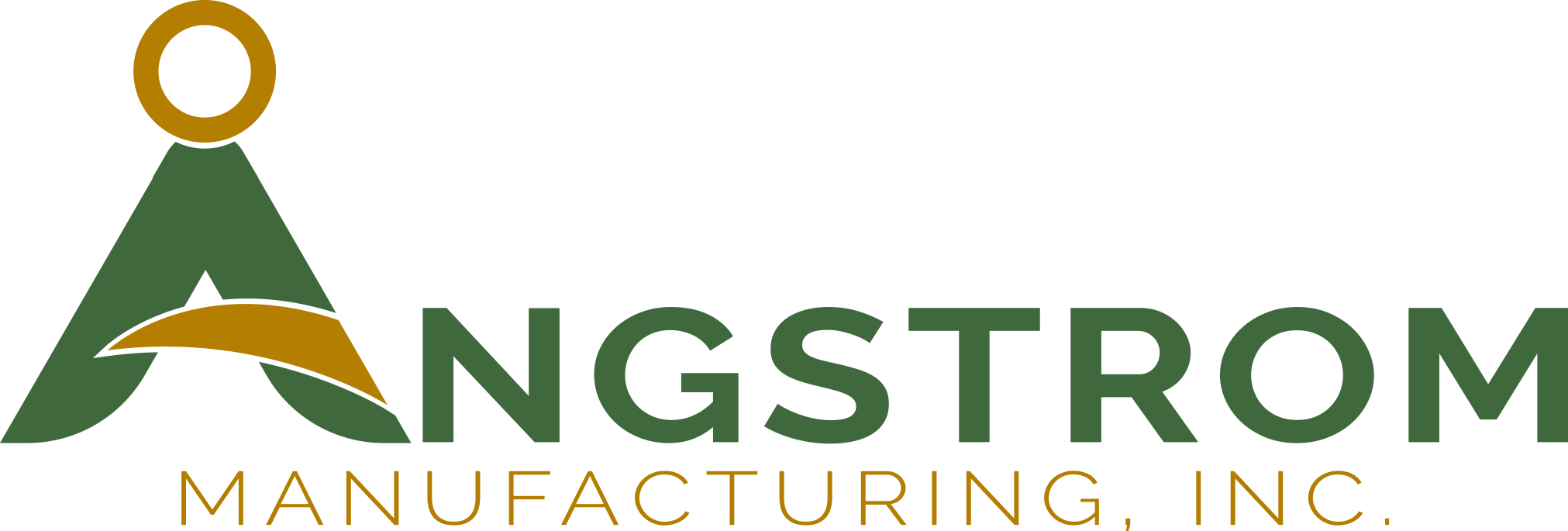SOURCE: FDA
- For Immediate Release: January 19, 2021
Today, the U.S. Food and Drug Administration finalized two foundational rules for the premarket review of new tobacco products. These final rules provide additional information on the minimum requirements for the content, format and review of premarket tobacco product applications (PMTAs) and substantial equivalence (SE) reports. PMTA and SE are two of the pathways through which a manufacturer can seek marketing authorization for a new tobacco product from the FDA.
“The finalization of these foundational rules is an important milestone in the FDA’s regulation of tobacco products. The rules enable greater transparency and efficiency of the FDA’s critical task of reviewing applications for tobacco products before new products can be sold in the United States and they describe information that any company must provide if they seek to market a new tobacco product in this country, fulfilling the promise of the Tobacco Control Act,” said FDA Commissioner Stephen M. Hahn, M.D.
“These final rules, together with our commitment to ongoing enforcement action against e-cigarettes and other tobacco products that illegally target youth, will help us continue to protect the public from the dangers of tobacco-related disease and death,” said Mitch Zeller, J.D., director of the FDA’s Center for Tobacco Products. “These final rules will provide greater clarity and efficiency as we ensure that tobacco products are put through an appropriate series of regulatory gates so that products can be marketed only if they meet the standards under the law.”
PMTA Final Rule
A PMTA is a type of application for any new tobacco product seeking an FDA marketing order. The FDA expects all premarket applications for electronic nicotine delivery systems (ENDS) products will be submitted through the PMTA pathway. However, the FDA has also issued authorizations for combustible cigarettes, smokeless tobacco and non-combusted cigarettes through the PMTA pathway.
Under the PMTA pathway, manufacturers or importers must demonstrate to the agency, among other things, that marketing of the new tobacco product(s) would be appropriate for the protection of the public health. That statutory standard requires the FDA to consider the risks and benefits to the population as a whole, including users and non-users of tobacco products. The agency’s evaluation includes such things as reviewing a tobacco product’s components, ingredients, additives, constituents, toxicological profile and health impact, as well as how the product is manufactured, packaged and labeled, findings from consumer perception research (if conducted), and the applicant’s description of marketing plans for the product.
The PMTA final rule helps ensure these applications contain sufficient information for the FDA’s evaluation, including details on the physical aspects of a tobacco product and information on the product’s potential public health risks. The final rule describes the information an applicant must include in a PMTA for the FDA to complete a substantive review of an application. It also formalizes both the procedures the agency will follow when reviewing PMTAs and the postmarket reporting requirements for applicants that receive marketing granted orders. The final rule also requires tobacco product manufacturers to keep records establishing that their tobacco products are legally marketed, such as documents showing that a tobacco product is not required to undergo premarket review or has received premarket authorization.
In addition to content and format requirements, the final rule formalizes the general procedures the FDA follows when evaluating PMTAs, including application acceptance, application filing and inspections. The final rule also describes PMTA-related requirements for submitting application amendments, the time for review, withdrawal of applications, changes in ownership, post-market reporting, the maintenance of records, the FDA’s communications with an applicant and the FDA’s disclosure procedures and electronic submission requirements.
The final rule also explains how applicants may submit a supplemental PMTA or a resubmission, which would improve efficiency in certain situations by not requiring the submission of a new PMTA. For example, a supplemental PMTA could be submitted when an applicant is seeking authorization for a modified version of a tobacco product for which they have already received a PMTA marketing granted order. A resubmission can be submitted to address application deficiencies following the issuance of a marketing denial order.
The FDA has finalized this rule after receiving and reviewing comments during the public comment period for the proposed rule, issued on Sept. 20, 2019. The final rule is based on the agency’s experience reviewing several types of premarket applications, including SE Reports, requests for exemptions from demonstrating SE, modified risk tobacco product (MRTP) applications, and PMTAs. The FDA has received and reviewed thousands of premarket applications for tobacco products, that range widely in the level of detail they contain. This experience has been helpful in developing the rule, which describes the information an applicant must include in a PMTA for the FDA to complete a substantive review of an application.
The FDA will also withdraw its September 2011 draft guidance, because the topics described in the guidance are addressed in the final rule.
SE Final Rule
The FDA expects SE to continue being the most commonly utilized pathway for applications for cigarettes, smokeless tobacco, cigars, hookah tobacco and roll-your-own tobacco.
In order for a new tobacco product to be found substantially equivalent, the FDA must determine either that it has the same characteristics as a predicate tobacco product, or that it has different characteristics than the predicate tobacco product but does not raise different questions of public health.
As explained in the SE final rule, the SE Reports that the FDA has received range widely in the level of detail they include. Some of these reports include very little information on the comparison of the new tobacco product with a predicate tobacco product while other reports include much more.
The SE final rule provides additional information on the minimum requirements for the content and format of SE Reports, allowing for greater predictability and efficiency for all stakeholders. The goal is for the final rule to bring greater uniformity to the consistency and completeness of SE Reports, and make the tobacco product review process more effective and efficient, providing applicants with a better understanding of the level of detail that an SE Report must contain.
The SE final rule helps ensure SE Reports contain sufficient information for the FDA to evaluate the comparison of the new tobacco product to a predicate tobacco product. This rule will help ensure that an SE Report provides information necessary for the FDA to determine whether the new tobacco product is substantially equivalent to a tobacco product that is commercially marketed (other than for test marketing) in the U.S. as of Feb. 15, 2007, as required by law.
The final rule also addresses the FDA’s communications with the applicant, the retention of records that support the SE Report, confidentiality of an SE Report, how an applicant can amend or withdraw an SE Report, how an applicant may transfer ownership of an SE Report to a new applicant, electronic submission of the SE Report and amendments.
Additional Updates
Both of these final rules are effective 30 days after publication in the Federal Register. The finalization of these rules helps ensure that all PMTAs and SE Reports that begin scientific review contain the basic information the agency needs to determine whether the new tobacco products meet the relevant premarket requirements to efficiently and effectively implement the Family Smoking Prevention and Tobacco Control Act. The FDA will continue to work on a separate rule for MRTP applications. That rule, when final, will provide details for those who seek to market a tobacco product as modified or lower risk, including how to organize and submit an MRTP application. The agency also will also continue efforts to assist industry in complying with federal tobacco regulations through meetings, webinars and guidance documents.
By Sept. 9, 2020, manufacturers of deemed new tobacco products – including e-cigarette products – that were on the market as of Aug. 8, 2016 were required to submit a premarket application to the FDA. However, the agency is currently enjoined from enforcing premarket requirements for premium cigars. The agency continues to process the large number of submissions received and has already begun reviewing many applications. In the coming weeks, the FDA intends to provide a more detailed update on the agency’s progress since the Sept. 9, 2020 deadline.
The FDA, an agency within the U.S. Department of Health and Human Services, protects the public health by assuring the safety, effectiveness, and security of human and veterinary drugs, vaccines and other biological products for human use, and medical devices. The agency also is responsible for the safety and security of our nation’s food supply, cosmetics, dietary supplements, products that give off electronic radiation, and for regulating tobacco products.


